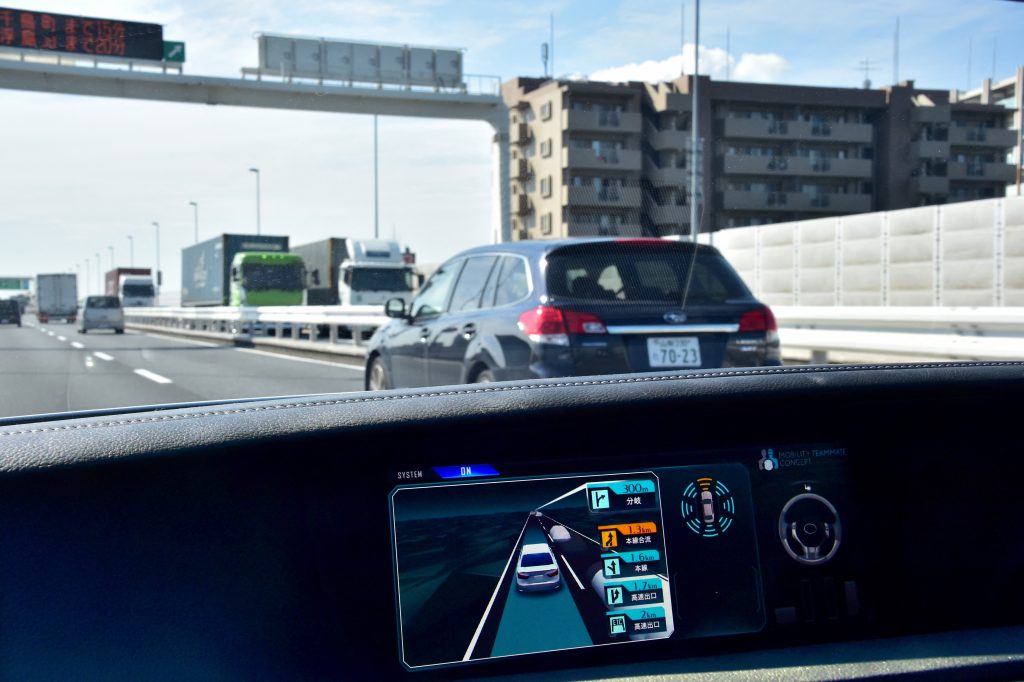
- ARAB NEWS
- 01 Aug 2025

TOKYO: Japan is considering establishing a permit system for unmanned autonomous vehicles, which the country hopes to put fully into practical use in fiscal 2022, it was learned Thursday.
The permit system is expected to be included in a bill to amend the road traffic law that the National Police Agency plans to submit during an ordinary session of the Diet, the country’s parliament, from next month.
The NPA also hopes to include new rules for new forms of transportation in the bill. Many experts say that there are limitations to the existing laws concerning such mobility.
Under the planned rules, a driver’s license will not be required for electric kick scooters whose maximum speed is 20 kilometers per hour or less, while those under age 16 will not be allowed to ride them.
Rules on autonomous driving and new mobility systems and other related items were proposed for the legislation in reports released by two expert panels under the agency.
In discussing the bill, the agency takes account of transportation services using driverless autonomous vehicles operating in some areas.
The government aims to put vehicles with Level 4 self-driving technology into practical use from around fiscal 2022, hoping to secure a means of transportation for elderly people in rural areas lacking access to public transportation due to depopulation.
Transportation service operations involving driverless vehicles with Level 3 autonomy have already started in Eiheiji in the central Japan prefecture of Fukui.
In Japan, preparations are underway for services with Level 4 autonomy.
Service providers are required to remotely monitor their vehicles. They also need to send over staff in the event of situations that cannot be handled by the autonomous systems, such as accidents.
The central government needs to introduce a process in which local public safety commissions inspect service providers to see whether they are prepared for such situations, said the report on autonomous driving.
According to a draft of the envisaged bill, the agency plans to have companies and individuals operating such unmanned self-driving services create operation plans, including how to respond to an accident, for approval by local public safety commissions.
Permission granted to operators may be revoked if there are any traffic violations.
The agency panel on new mobility discussed electric kick scooters, which are gaining popularity, and autonomous delivery robots, which are being tested amid labor shortages in the logistics industry.
The panel’s report said that Japan should establish new rules based on the products’ maximum speed.
Under the draft, electric kick scooters with maximum speed of up to 20 km per hour, roughly the same speed as a bicycle, will have to drive on the road in principle.
Users will be allowed to drive the scooters on sidewalks if the electronically controlled speed limit is 6 km per hour or less. Scooter users will not be obliged to wear a helmet.
Delivery robots will be treated like pedestrians. Robots with maximum speed of up to 6 km per hour, around the same speed as a fast walk, will have to travel on sidewalks or side strips.
Businesses operating such robots will be required to register with public safety commissions.
JIJI Press